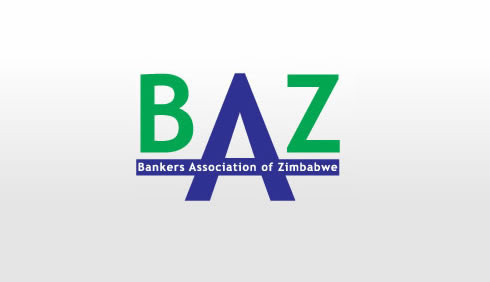
BANKERS have warned of prices increases and shortages of basic commodities following the devaluation of the Zimbabwe Gold (ZiG) last week by the Reserve Bank of Zimbabwe (RBZ) saying it is part of foreign exchange flexibility measures.
The warning by the Bankers Association (BAZ) was contained in a leaked internal document with issues that were discussed when its constituents met RBZ governor John Mushayavanhu on Tuesday this week.
Tuesday’s meeting was in response to RBZ measures introduced last week to support the ZiG after it was devalued by over 40%.
“If market conditions remain unfavourable, such as high inflation, low investor confidence or trade imbalances, the ZiG will depreciate rapidly. This can lead to higher costs for imports and inflationary pressures on goods priced in foreign currency,” BAZ said.
“There’s a need to ensure sufficient forex to meet demand. Demand can be limited by minimising creation of local currency.”
The bankers said the weakening of the exchange rate would impact on investor confidence, result in higher import costs and inflationary pressures.
They said: “If the exchange rate weakens significantly, it could lead to higher prices for imported goods, driving inflation higher in an economy already struggling with price instability”.
Consumers would face increased costs for essentials like fuel, food and other goods priced in foreign currency, the bankers said.
- Directors’ governance plan gets Central Bank nod
- Directors’ governance plan gets Central Bank nod
- Zimdollar shortage hits the country
- BAZ, govt in fresh talks over bank charges
Keep Reading
The bankers added: “Foreign investors may view a more flexible exchange rate regime as a positive sign, as it reduces the risk of sudden devaluations and allows them to assess currency risk more accurately.
“However, short-term volatility may still make investors cautious. History does not work in our favour as the market holds inhibition around the local currency as long as the confidence levels remain low.”
BAZ also noted that the reduction of the amount of money an individual is allowed to take out of the country may disrupt the informal import trade and result in people losing their jobs in the informal sector.
“[We saw the] reduction of the foreign currency an individual can take out from the country from US$10 000 to US$2 000. [Thus the] reduction in externalisation of funds. [This will see the] disruption to informal import trade, with more transactions taking place underground,” BAZ said.
It warned that job losses or reduced income for those involved in informal retail, transportation and related sectors could follow, amplifying economic hardships, particularly in a country where formal employment opportunities are scarce.
The bankers noted that the rise in policy rate to 35% from 25% would impact on the costs of borrowing, increase prices resulting in inflation.
“On the increase in policy rate from 25% to 35%, effective immediately, the implications are higher borrowing costs. This may deter investment and expansion, as accessing capital becomes more expensive, potential to see an increase in NPL [non-performing loans, likely increase in prices and subsequently inflation, market likely to shun the local currency,” BAZ said. They said there would be reduced cash flow as companies reliant on loans to manage cash flow, especially small and medium enterprises, would struggle to maintain operations due to higher interest payments.
The bankers further noted that lower aggregate demand caused by a reduction in consumer spending could also slow down economic activity as borrowing becomes more expensive, individuals may cut back on spending, especially in retail and service industries.
BAZ said the increase in statutory reserve requirements by 30% may result in banks failing to meet statutory requirements due to liquidity constraints as funds will be tied in Treasury Bills, Ioans, coins and other investments.
They warned of an impending liquidity crunch on the market and that the measures may reduce liquidity, reducing exchange rate volatility and “may discourage the use of local currency”.










